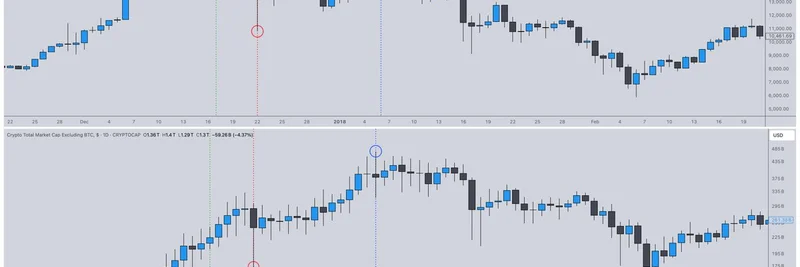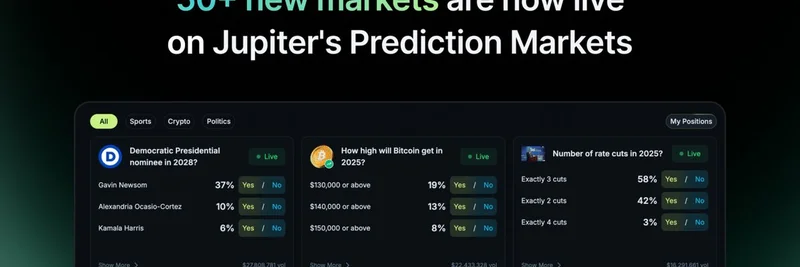In the fast-paced world of blockchain and meme tokens, starting a project solo has never felt more achievable. Edgar Pavlovsky, a prominent figure in the crypto space with ties to projects like Paladin on Solana and Mountain DAO, recently shared his thoughts on this evolving trend. Quoting startup advisor Julian Weisser, who cautions against uneven co-founder equity splits while endorsing solo paths, Pavlovsky dives into why going it alone—or with a minimal team—might be the smartest move in 2025.
Pavlovsky's tweet highlights two game-changing factors: the unprecedented productivity boost from AI tools and the lowered barriers to gaining online attention. Let's break this down and see how it applies to the meme token ecosystem, where virality and quick execution can make or break a project.
First off, AI tools are transforming how founders build. Whether it's generating code with tools like GitHub Copilot, automating marketing content, or analyzing market trends via advanced LLMs, solo entrepreneurs can now handle tasks that once required entire teams. In the context of meme tokens, this means a single creator can design smart contracts, craft engaging narratives, and even launch tokenomics models without outsourcing. For blockchain practitioners, this democratizes innovation—imagine prototyping a new DeFi meme project over a weekend, all powered by AI assistants.
Then there's the internet attention factor. In 2025, platforms like X (formerly Twitter), TikTok, and decentralized social networks make it easier than ever to go viral. Meme tokens thrive on this: a clever post, a timely trend, or a community-driven hype cycle can propel a token from obscurity to millions in market cap overnight. Pavlovsky argues that starting lean preserves more resources—like equity—for later stages, when scaling requires hiring top talent. This resonates deeply in crypto, where early-stage founders often bootstrap with personal funds or small communities, avoiding dilution from co-founders who might not stick around.
Weisser's quoted advice adds a layer of caution: while solo founding offers flexibility in equity distribution to early hires, lopsided co-founder splits (like 80/20) can breed resentment and instability. It's a reminder for meme token creators to think strategically about partnerships. If you're building a project inspired by viral trends, consider going solo initially to test the waters, then bring in collaborators with aligned incentives.
Pavlovsky is putting this thesis to the test in real-time, which is exciting for the community. His background in convexity trading and AI research positions him uniquely to blend tech advancements with crypto entrepreneurship. For those in the meme token space, this could signal a shift toward more agile, AI-augmented launches.
If you're a blockchain enthusiast looking to launch your own meme token, take a page from Pavlovsky's playbook. Start small, leverage AI for efficiency, and harness the internet's attention economy. Check out the original thread on X for more inspiration, and stay tuned to Meme Insider for the latest on how these trends are shaping the crypto landscape.



